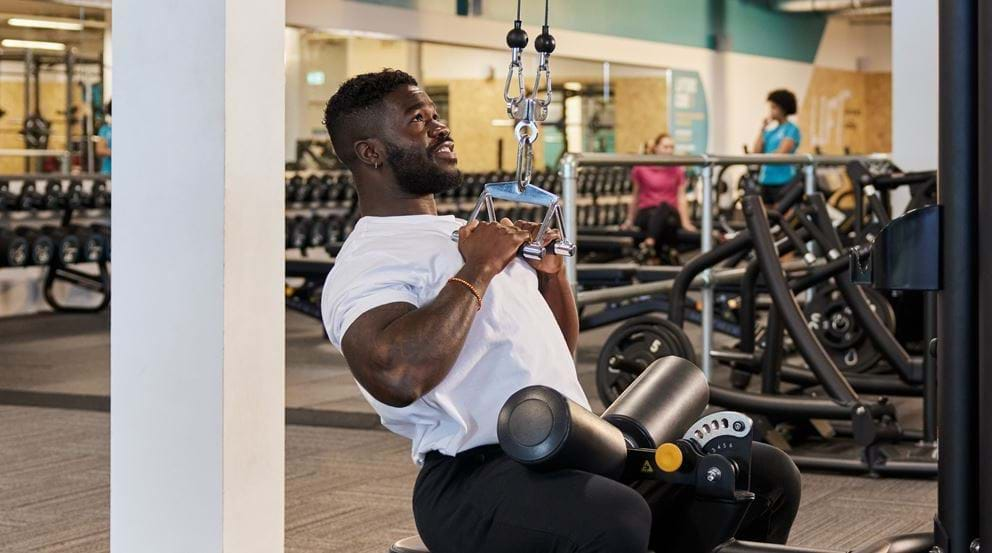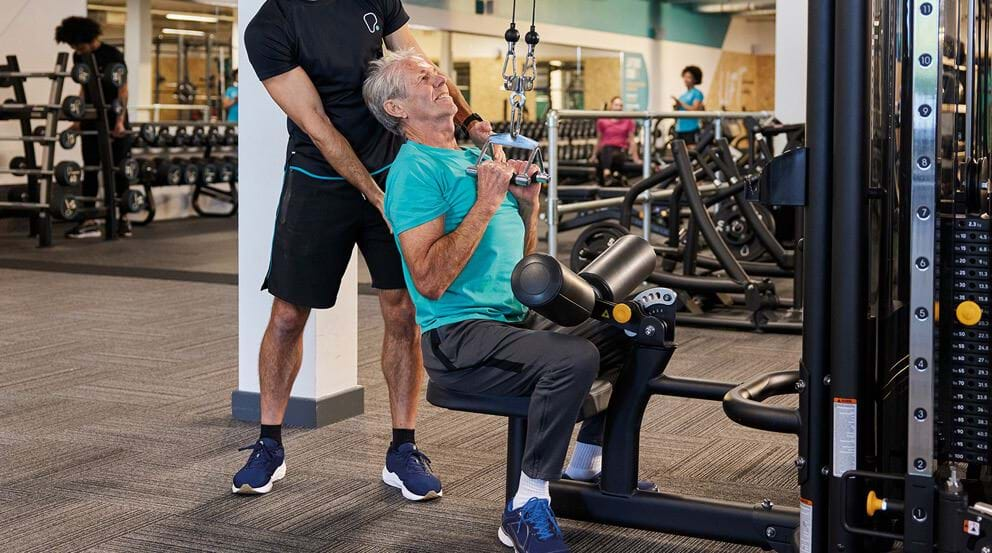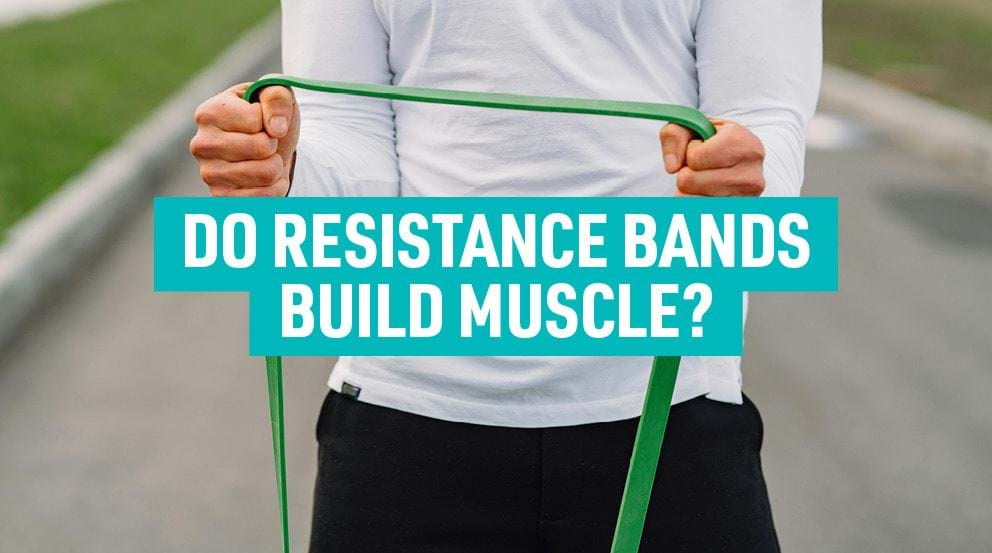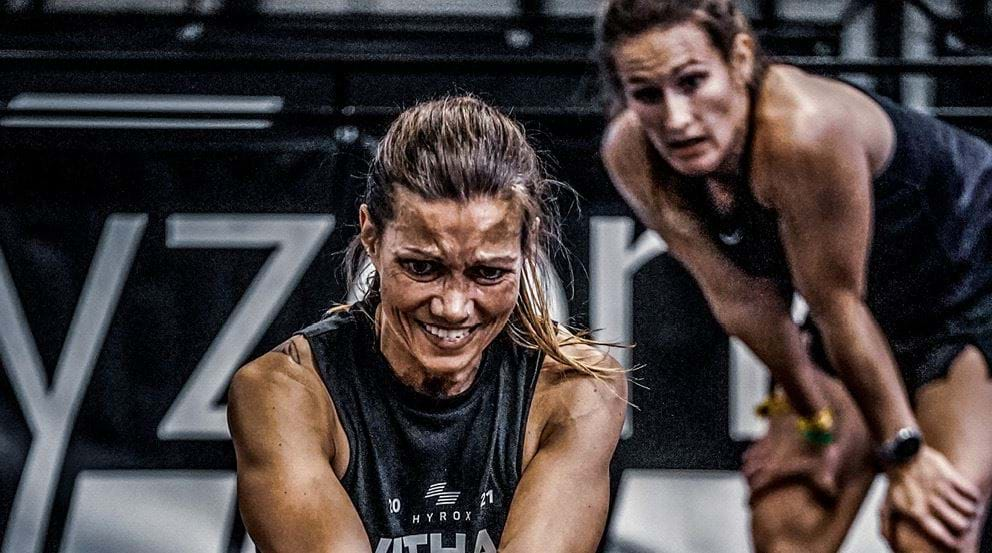The Best Gym Cutting Workout Plans

Cutting Explained | Diet & Cutting | Exercise & Cutting | Tips For Cutting | Example Cutting Workout Plans
Are you ready to get shredded and lean, dropping body fat while maintaining muscle? If so, you've come to the right place, because today we're talking about the best workout plans for cutting.
Cutting is a challenging process that requires a combination of proper nutrition, consistent exercise, and discipline. But fear not, Hannah Kerridge, personal trainer at PureGym Colchester is here to help you understand more and find the best cutting workout plan for you.
So, if you're ready to sweat it out, burn some calories, and achieve a leaner physique, keep reading because Hannah has some great tips and exercises to share with you.
What Is Cutting?
You may have heard the words "bulking" and "cutting" talked about in the fitness world, but what actually is "cutting"?
Cutting is the process of losing body fat while trying to maintain muscle mass. It's a form of dieting where the focus is on losing only fat, ensuring muscle mass is preserved to create a lean, toned appearance.
There are different types of cuts people do; for example, bodybuilders who are planning to compete in a show typically do quite an extreme cut, whereas someone who just wants to lose a few pounds will not have to be as strict.
A cut will usually last for 8-16 weeks depending on the overall goal and individual. I usually set my clients 12 weeks, as this allows for a slower cut that is more realistic and minimises strength loss.
Diet & Cutting
It's important to remember that regardless of anything else, food is fuel and should still be consumed regardless of whether you are in a cut or not. While you need to be in a calorie deficit in order to successfully cut, this doesn't need to be carried out to extremes or in a way that affects how you energise your body.
You can learn more about how many calories you should be eating to lose weight here.
Exercise & Cutting
It's important to exercise during a cut so you can maintain as much strength and muscle mass as possible. Focusing on weightlifting instead of cardio will help to prevent muscle loss during your cut and can even help to build muscle mass!
Eating enough protein will also help to preserve and build muscle mass during a cut, as it provides your muscles with the necessary building blocks to repair and rebuild themselves. Aim to consume at least one gram of protein per pound of body weight.
Working out breaks down the muscles, and eating enough protein throughout your cutting stage provides your muscles with the necessary building blocks to repair and rebuild themselves. Without adequate protein on a cut, the body can break down muscle instead of fat.
Tips And Advice For Cutting
If you're interested in starting a cut, here are some tips to ensure it's successful.
Have a goal
Setting goals makes it easier to stick to a cut as you are working towards something tangible. Whether it's fitting into an old pair of jeans, losing an inch before a big occasion, or feeling more comfortable in your body, know what you're aiming for before you start.
Set a timeframe
You can't stay in a calorie deficit forever. Even if you have a lot of weight to lose, I wouldn't recommend cutting for more than three months at a time without a break, as you'll see motivation and adherence decline. Being in a calorie deficit for long periods can also mean you're not getting enough nutrients over time.
Setting a timeline and end date can help you to stay on track with your cut. After, you can choose to maintain your weight or build muscle (the 'bulk' part of bulking and cutting), and if you still have weight to lose you can cut again after a break.
Slowly reduce your calories
People often make the mistake of drastically reducing their calories to lose weight as quickly as possible, however this often backfires. An extreme calorie deficit is harder to stick to, and when weight loss plateaus there isn't any room to cut more calories.
Unless you have an event coming up, start by dropping your calories around 200 -- 300 below your maintenance calories (known as TDEE or total daily energy expenditure), increasing this up to 400 -- 500 calories if needed.
Tracking your calories makes it easier to stick to a calorie deficit.
Move more
A simple way to increase your TDEE and help to create a bigger calorie deficit is to move more, outside of working out. Known as NEAT (non-exercise activity thermogenesis), adding an extra 1,000 steps a day, taking the stairs instead of the lift, and even pacing while on the phone, can all add up! You can find simple ways to increase your NEAT here.
Train with intensity
Maximise the benefits of your workouts by training with intensity! To build muscle, you want to train close to fatigue, which means the last few reps should be a challenge! The more you put in, the more you get out.
Beginners can discover a range of workout plans here, or you can download our free workoutplan templates to create your own.
Include both cardio and strength training
Cardio is a key element to cutting as it burns a significant number of calories. If you burn an extra 200 calories a day, four times a week, that's 800 calories helping towards a deficit. Just make sure that you're not putting it all in your workouts, then staying sedentary the rest of the day as this will counteract the calories burnt.
Strength training exercises are crucial to building and preserving muscle mass, helping to create a toned appearance and increasing your metabolism.
Remember everyone is different
What works for one person may not work for others. Find a system that works for you and go with it!
Example Cutting Workout Plan
Here are three examples of full body strength training workouts you can do on a cut that will help burn calories and build muscle. You can do all three workouts across the week, or pick your favourite and repeat this.
Cutting Workout 1
Barbell Squats - 3 sets of 8-12 reps
Romanian Deadlift - 3 sets of 8-10 reps
Pull Ups - 2 sets of 8-12 reps
Incline Chest Press - 2 sets of 10-15 reps
Lateral Raises - 2 sets of 15 reps
Plank - 2 sets of 30-45 seconds
Crunches - 2 sets of 30 seconds
Cutting Workout 2
Barbell Bench Press - 3 sets of 8-12 reps
Chest Fly - 3 sets of 12 reps
DB or Barbell Lunges - 3 sets of 10 reps on each leg
Barbell Overhead Press - 2 sets of 8-10 reps
Tricep Push Downs - 3 sets of 15 reps
Bicep Curls - 2 sets of 12 reps
Bird Dog - 2 sets of 12 reps
V-ups - 2 sets of 12 reps
Cutting Workout 3
Hip Thrusts - 3 sets of 10-12 reps
Leg Press - 3 sets of 10-12 reps
DB Single Arm Bent Over Row: 2 sets of 12 reps
Flat Dumbbell Chest Press - 2 sets of 12 reps
Front Raises - 2 sets of 15 reps
Leg Extension: 3 sets of 15 reps
Hamstring Curl: 2 sets of 12 reps
Abductor: 3 sets of 12-15 reps
You can then add your cardio either at the end of these days or on separate days. LISS (low-intensity steady state) or HIIT (high-intensity interval) cardio can be used for your cardio and it comes down to personal preference on what one to use.
Example LISS: 30-60 minute treadmill fast walk - incline moderate, aiming for 60-75% max heart rate.
Example HIIT: 1 min run (60-70% max Heart rate) followed by 20-second sprint (90-95% max heart rate) - repeated 10 times.
Remember that in order to cut you MUST be in a calorie deficit. This does not mean starving yourself or restricting yourself from any foods. Be mindful of what you are eating and ensure you are having adequate protein, carbs and fat within your diet.
For a range of healthy recipe ideas and nutritional tips, head over to our Nutrition & Diet advice pages. For more workout inspiration you can either download the free PureGym app, or check out our How to Lose Weight hub. Also, consider booking a session with a dedicated Personal Trainer at PureGym - they're able to offer a wealth of advice for both fitness and nutrition.


